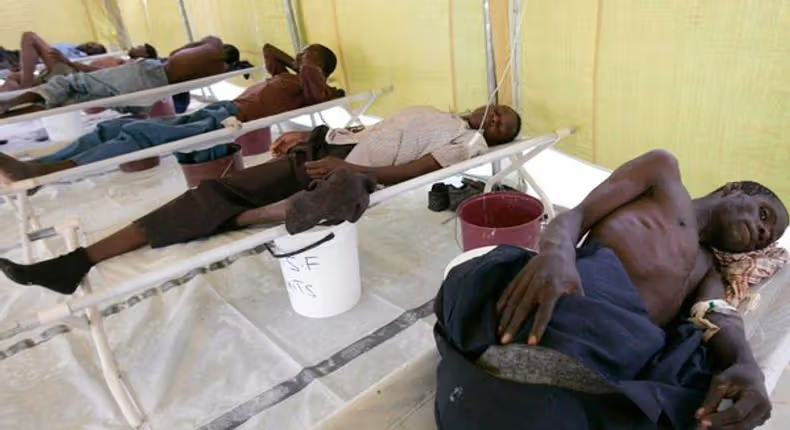Dr. Jide Idris, Director-General of the Nigeria Centre for Disease Control and Prevention (NCDC), provided an update on the cholera situation in Nigeria during a press conference in Abuja. As of June 30, Nigeria had recorded 2,102 suspected cholera cases and 63 deaths across 33 states and 122 local government areas, with a case fatality rate of 3.0%.
The top 10 affected states include Lagos, Bayelsa, Abia, Zamfara, Bauchi, Katsina, Cross River, Ebonyi, Rivers, and Delta, with seven of these states located in the southern region. The NCDC activated a National Cholera Multisectoral Emergency Operation Centre (EOC) to coordinate response efforts, focusing on resource mobilisation, surveillance, case management, and community engagement.
Dr. Idris highlighted challenges such as open defecation, inadequate sanitation facilities, poor water management, and weak regulatory practices contributing to the spread of cholera. Climate change and flooding have also exacerbated the situation. The NCDC’s response includes assessments in hotspot areas, distribution of medical supplies, training programs, and public health advisories to improve hygiene practices and enforce public health laws.
The Minister of State for Environment, Dr. Iziaq Salako, emphasized the impact of climate change on environmental sanitation and public health, underscoring the need for prioritizing sanitation and improving living conditions to mitigate cholera outbreaks.
Public health experts recommend a comprehensive strategy focusing on improved sanitation, access to safe water, hygiene education, and better living conditions to effectively combat cholera outbreaks in Nigeria.

